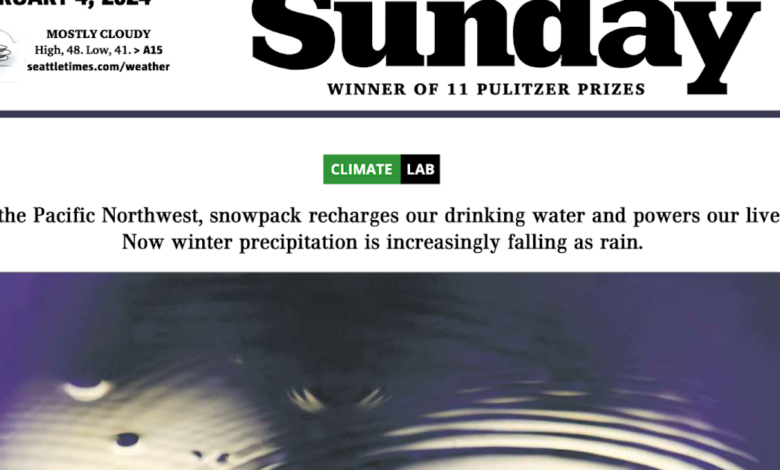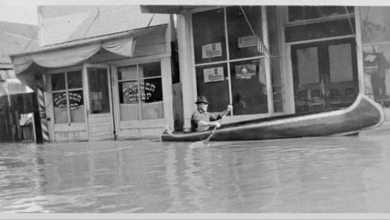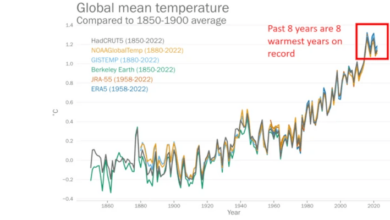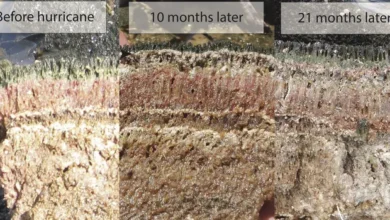Is Northwest Snow History? Scientific Errors in A Major Seattle Times Climate Story

I am getting tired of writing blogs on this issue.
Another Seattle Times front-page story pushing a false narrative on climate change came out on Sunday. A story that is full of scientific errors. An advocacy piece that poorly informs its readers.
This article, part of a ClimateLab series, claims that global warming is causing our regional precipitation to increasingly fall as rain, rather than snow. And that this year is a sample of the future of our region.
This article is guilty of acts of omission. Of citing questionable sources. And of wrong and inaccurate statements.
Let me tell you about a few.
El Nino’s Impacts
This report talks about low snowpack this year but does not make clear that El Nino is the key cause, not climate change. This winter has been influenced by a strong El Nino, which typically caused less snowfall over the Northwest and lots of rain over California after the new year.
Both are happening, as expected.
Snowpack Hype
The article states that since 1955 the region’s snowpack has declined by one-third.
This is very deceptive. The mid-1950s was an unusually cold/snowy period. Cold and snowy due to natural variability (such as the Pacific Decadal Oscillation).
Let’s look at the change in Northwest snowpack over the past 40 years…. a period when global warming has been greatest (see below). Below is the snow water content (called SWE) over the region on April 1, right before the melt season.
Virtually no change over the past four decades.
Not what the Seattle Times is suggesting.
the snow that does reach the ground is melting earlier in the year as our dry season trends longer and hotter.
This is simply not true. For example, consider the melt-out date at Steven’s Pass (4000 ft) over the past four decades (see below).
The Seattle Times got it completely wrong. The melt-out dates are trending LATER, not earlier!
1990s: 1 June
2000s: 2 June
2010s: 4 June
2020s: 6 June
Later melt out, not earlier.
Paradise Ranger Station at 5000 ft is very similar–no trend towards early melt-out
1980s 10 July 10
1990s 15 July 10
2000s 10 July 10
2010s 13 July 10
2020s 15 July 4
What about reservoir levels?
You would think that lower-level reservoirs would be showing a trend toward dropping water levels, but the Seattle Times OWN GRAPH for Chester Morse Lake shows no downward trend over the past 20 years (see below). No climate signal is evident.
Courtesy of the Seattle Times
A Snow-Free Future?
This article really goes into scary, apocalyptic mode when it describes the future, suggesting that as much as SEVENTY PERCENT of the snowpack could be gone by the mid-2080s.
My research group has completed detailed regional climate simulations using reasonable increases in greenhouse gases (RCP 4.5) and found a decline in snowpack about half of what the Seattle Times is quoting.
A challenge, but 75% is a lot better than 30%.
Finally, this Seattle Times article does not consider some important mitigating factors for the future.
For example, precipitation should increase modesty during this century due to global warming, providing more water to store behind dams and in reservoirs. And great improvements in long-range weather prediction allow reservoirs to remain much higher since better predictions provide more warning of storms and thus time to lower reservoir levels if needed.
This Seattle Times article was financed by a collection of activist foundations and the University of Washington. It shows the dangers of advocacy journalism.









